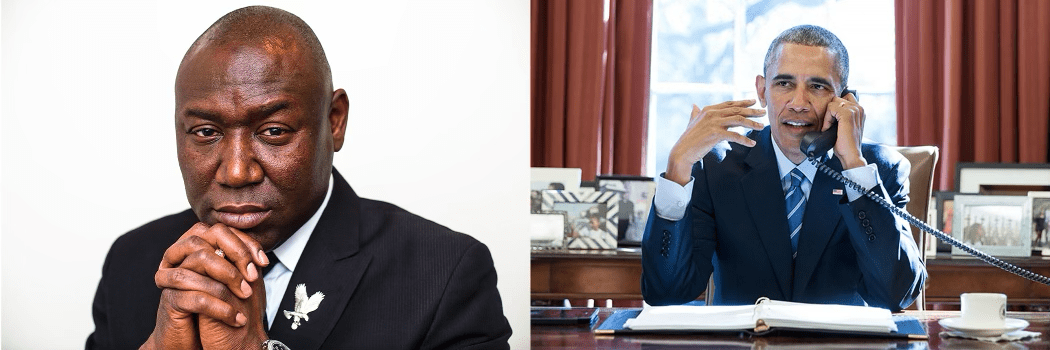Upland, CA — Throughout history, music has served as both a lifeline and a language, a way for people to rejoice in moments of triumph and to find solace and strength in times of struggle. For the Black community, music has never just been about entertainment; it has been about endurance, expression, and elevation. It is storytelling. It is healing. It is joy. From the fields of slavery to the pulpits of churches, music became our means of survival and resistance. Spirituals were more than just hymns. They were sacred codes, sung softly but powerfully to calm the soul and, at times, to signal pathways to freedom along the Underground Railroad. These songs carried hope, direction, and divine connection, even in the darkest of days. During the Civil Rights Movement, music again became the heartbeat of change. Artists like Sam Cooke, Nina Simone, Curtis Mayfield, and Marvin Gaye gave voice to the pain, pride, and power of the Black experience. Gaye’s iconic “What’s Going On” was not just a song, it was a question echoing through the streets, churches, and homes of a nation in turmoil. Very much like what we are experiencing today. In every era, Black music has been a form of communication when words were not enough, a call to action, a salve for sorrow, and a heralding of our humanity. It taught us how to pray, how to praise, how to protest, and how to persevere.
June is Black Music Month, a sacred time to pause, reflect, and honor the sounds that have shaped not only Black culture but American culture. From the improvisational genius of jazz to the soulful cries of the blues, from the heavenly harmonies of gospel to the rhythmic pulse of R&B and the elegance of classical compositions, Black music has always been a language of the soul, a tool of resistance, and a vessel for hope. Originally established in 1979 by President Jimmy Carter, Black Music Month was envisioned as a national celebration of the profound contributions African Americans have made to the musical landscape of this country. But this month is more than a moment of nostalgia, it is a call to recognize the creativity, courage, and cultural genius that Black artists have poured into the world, often while facing exploitation and exclusion. It is a time to uplift the voices of those who turned pain into poetry, oppression into orchestration, and struggle into song. Whether you are moved by the spirituals sung in church pews, the protest anthems that echoed through civil rights marches, the hip-hop verses that challenge injustice, or the jazz riffs that speak without words, this month invites us to truly listen.
For me, music was always a family affair. My father and uncle were both musicians and singers who formed their own group, while my aunts were gifted pianists. Although I wasn’t blessed with their musical DNA, I have always carried a deep appreciation for the power of music and its role in shaping our stories and spirit. Today, that legacy lives on through my nephew, DJ HiGHER LvL, a talented artist who has worked with some of the best in the industry. What makes me most proud is that he has chosen to let God guide his message and his mission. His music is rooted in faith and purpose, a sound he calls “Elevated Soul.” It’s more than faith-based; it is inspirational, intentional, and designed to lift you to a higher level of consciousness and encouragement. As we celebrate Black Music Month, I believe it is more important than ever for the next generation of artists, musicians, and creators to carry the torch of positivity. We need their voices, their talent, and their commitment to using music as a tool to uplift our community, all while staying true to who they are, and the calling placed on their lives. DJ HiGHER LvL, keep elevating, we see you.
Healing Without Hate: It’s a choice. It’s a lifestyle. Pass it on. Visit www.WendyGladney.com and www.forgivingforliving.org to learn more.
Wendy is the purpose partner, a life strategist, coach, consultant, author, and speaker.






